Share This Page
Advanced directives are legal documents that outline your preferences for medical care if you become unable to communicate your wishes. These documents are crucial components of estate planning and healthcare management, providing clear instructions to healthcare providers and loved ones about your medical treatment preferences. Understanding advanced directives can help you ensure that your healthcare decisions align with your values and desires, even when you cannot express them yourself.
Key Components of Advanced Directives
Advanced directives typically include two primary documents: a Living Will and a Medical Power of Attorney (POA). Each serves a distinct purpose in conveying your healthcare preferences.
-
Living Will: This document specifies your wishes regarding medical treatment in situations where you cannot communicate. It includes your preferences for life-sustaining treatments, resuscitation, mechanical ventilation, tube feeding, and other critical care options.
-
Medical Power of Attorney (Healthcare Proxy): A Medical POA designates an agent or healthcare proxy to make medical decisions on your behalf if you become incapacitated. This agent is responsible for ensuring that your healthcare preferences, as outlined in your living will or through discussions, are honored.
Importance of Advanced Directives
Advanced directives are essential for several reasons:
-
Ensures Your Wishes Are Honored: By clearly stating your healthcare preferences, advanced directives help ensure that your medical care aligns with your values and desires, even if you cannot communicate them yourself.
-
Reduces Family Stress and Conflict: Advanced directives provide clear guidance to your loved ones and healthcare providers, reducing the potential for disagreements and emotional stress during critical medical situations.
-
Provides Legal Clarity: These documents provide legally-binding instructions that healthcare providers must follow, ensuring that your treatment preferences are respected.
-
Avoids Unwanted Treatments: Advanced directives allow you to refuse specific treatments that you do not want, helping to avoid unnecessary or unwanted medical interventions.
Creating Advanced Directives
Creating advanced directives involves several key steps to ensure that your documents are comprehensive and legally valid:
-
Reflect on Your Values and Preferences: Consider your values, beliefs, and preferences regarding medical care. Think about what types of treatments you would want or refuse in various medical scenarios.
-
Discuss with Loved Ones and Healthcare Providers: Talk about your wishes with family members, healthcare providers, and any potential healthcare proxies. These discussions help ensure that everyone understands and respects your preferences.
-
Draft the Documents: While you can find templates for advanced directives online, it’s advisable to consult an attorney to ensure your documents comply with state laws and accurately reflect your wishes. An attorney can also help you navigate complex medical and legal considerations.
-
Sign and Notarize: Sign your advanced directives in the presence of a notary public and any required witnesses to make them legally binding. Some states have specific requirements for notarization and witnessing.
-
Distribute Copies: Provide copies of your advanced directives to your healthcare proxy, family members, healthcare providers, and any other relevant parties. Keep the originals in a safe but accessible place.
Reviewing and Updating Advanced Directives
It’s important to review and update your advanced directives periodically, especially after major life events such as marriage, divorce, the birth of a child, or significant changes in your health status. Regular reviews ensure that your documents remain current and reflective of your wishes.
Communicating Your Wishes
While advanced directives provide written instructions, it’s equally important to communicate your wishes verbally with your loved ones and healthcare providers. These conversations can provide additional context and clarity, helping to ensure that your preferences are fully understood and respected.
Conclusion
Advanced directives are vital tools for managing your healthcare decisions and ensuring that your medical treatment aligns with your values and desires. By creating a living will and a Medical Power of Attorney, you can provide clear guidance to your loved ones and healthcare providers, reducing stress and conflict during critical medical situations. Consider creating or updating your advanced directives today to protect your healthcare future and ensure your wishes are honored.




